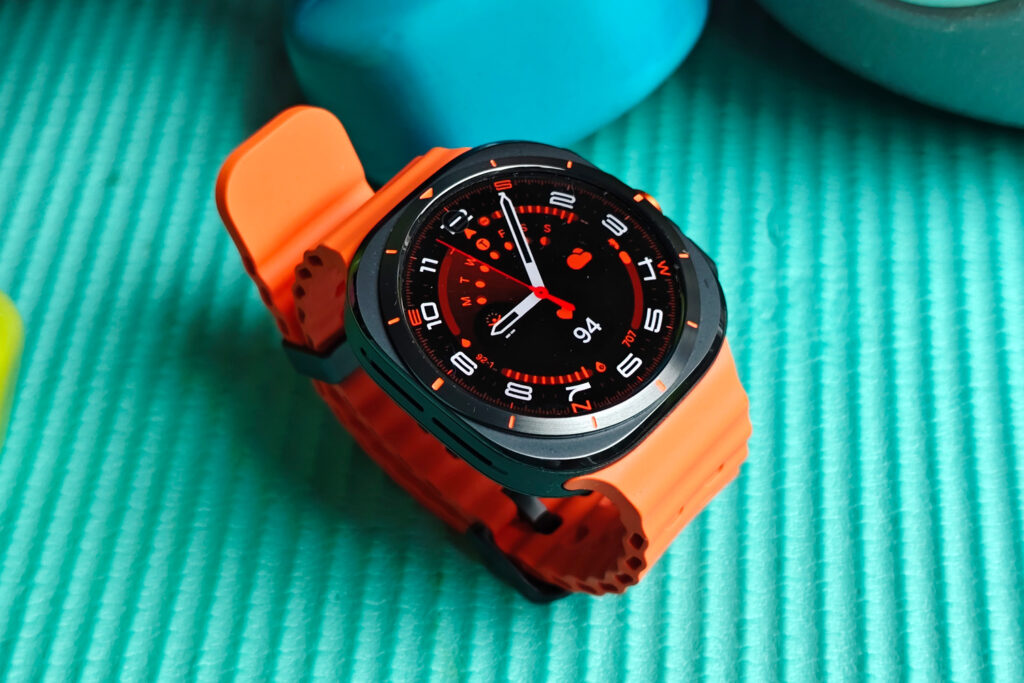The Samsung Galaxy Watch Ultra is a top rugged smartwatch designed for adventurers and athletes. It’s essentially Samsung’s answer to the Apple Watch Ultra – it even looks the part. But it is a good option for Android users, blending WearOS smarts with extreme sports capability. And there’s never been a better time to buy it thanks to this Prime Day deal.
Right now, you can score the Galaxy Watch Ultra for less than half price on Amazon US. The rugged smartwatch is 54% off, down to $300 from the usual price of $650. This Lightning deal only lasts for 24 hours, but may sell out sooner – so make sure to shop fast. UK shoppers get a slightly smaller discount, but no time limited. The Galaxy Watch Ultra is 42% off, down to £349 from the regular price of £599. Note that only certain colours are reduced in these deals.
We scored the Galaxy Watch Ultra a full five stars in our review. Its 47mm titanium case makes it tough and weather-resistant, although it’s bulkier than previous Galaxy Watches. We love its bold design, complete with a sharp AMOLED screen, bright 3000 nits display, and durability for outdoor use. However, it only offers a two-day battery life, which feels a bit short, especially compared to Garmin’s sport watches.
While this smartwatch excels in fitness tracking, offering accurate heart rate monitoring, dual-frequency GPS, and a multi-sports mode for triathletes, it lags in handling watersports—Apple’s Watch Ultra has the edge there. Its design, square case but circular screen, is eye-catching, although we aren’t thrilled about Samsung’s proprietary lugs limiting band options.
With WearOS 5, performance is smooth and responsive, and although it shares many features with the Galaxy Watch7, the Ultra justifies its price with a more rugged, premium feel. For Android users looking for a robust, statement-making watch, this is a strong contender, even if it falls short in battery life and watersport compatibility. Overall, it’s a powerhouse that competes confidently with Garmin and Apple, but with its own flair.
Read the full article here
